Rust stain is the most common problem in the water nowadays. If you tried everything to remove rust stains from your water and can’t get rid of it, the water softener would help you to remove rust stains from your water. Many people ask, Does a water softener remove rust? We clarify to you that the water softener not only removes the stains but also eliminates the rust.
Usually, the rust stains are caused by the extra amount of iron in your water supply. A minimal amount of iron is needed for the water to obtain stains or rust. As we know that water is a highly solvent element, and it can pass many materials as water pass through it. Rust can also occur with the old corrosion rusted pipelines near your house. Now, you will be thinking about how to get rust out of the water?
Table of Contents
How to remove rust from water?
The drinking water that contains a small number of materials may not be harmful to your health, but it can be an annoyance. Presence of the rust in your water softener or water can shorten the lifetime of the appliance.
The most useful way to get rid of rust from water is the water softener. A Salt-Based ion exchange system is the most common type of water softener. This is the process of introducing sodium to the water, changing its chemical balance, and also removing other hard minerals like iron, potassium ions, magnesium ions, and calcium. Installing the whole house water softener is not completely out of reach.
Check Out: Top Rated Water Softener in the UK
How to get rid of rusty water?
Several options are available for removing iron, but the treatment varies depending on the kind of iron you have, along with other factors. If you haven’t already done so, get a water test kit to determine the type and amount of iron, in parts per million (ppm), as well as the water’s pH and dissolved oxygen content.
Some people are against using a water softener, but it can be an effective and economical way to remove low iron levels—3 ppm or less—if the water’s pH isn’t too high. A softener can remove iron under less-than-ideal conditions, but then its resin beads may fail and need to be replaced, as often as every two to three years.
When a softener doesn’t work, there are many specialized iron filters that will. They all operate on the same principle: to oxidize the dissolved ferrous iron and convert it into ferric-iron particles that can then be captured by running the water through a bed of minerals. Some filters inject oxidizers such as air, chlorine, hydrogen peroxide, or ozone into the water ahead of the mineral bed. Others use manganese-rich media such as Greensand Plus or Birm to oxidize and capture the iron in one step. And some combine injection with oxidizing media. To remain effective, some manganese-based filters have to be recharged periodically with another potent oxidizer, potassium permanganate.
Check Out: Top Water Softener System for Iron Removal
How effective is a water softener?
The water softener not only removes the rust but there are also some benefits of a water softener. The water softener also removes the powdery buildup on the dishes caused by different types of minerals.
After the installation of a water softener, you’ll notice that our clothes are becoming brighter and smell good. Tasted good and smelling good are the biggest benefits of a water softener. In many areas, a water softener is installed, but they still have iron issues. This is the reason we should taste water if the water is supplied from the well. There are certain water conditions like (pH level of water, Alkalinity, oxygen dissolved in the water, and temperature of the water) that we have to know to improve the water quality.
Adding the iron filter to the water softener can solve these problems. But in some other cases installing the whole water softener system to work alongside your water filtration process.
Check Out: Top 10 Water Softeners to Remove Rust in Canada
Frequently Asked Questions (FAQs)
1. Will water softener get rid of rust?
Rust not only shortens the lifespan of your appliance and devices but also lowers your home’s resale value. One of the perfect ways to remove rust is by using a water softener. The addition of water softeners adds salt to your well water, eliminating rust and other particles that are hard to remove through filtration.
2. Can you wash your car with softened water?
The TDS of softened water is essentially the same as that of hard water. With softened high TDS water, you’ll still have spots. They’ll just be easier to wipe off. Car washing spots occur because the water evaporates and any minerals in the water are left behind as residue.
3. Why is my water brown all of a sudden?
One of the most common reasons why the water in your home has turned brown is that there has been a disturbance in the minerals or sediment in your water. Minerals and sediment are naturally occurring in water, shower, and in pipes.
4. Is it OK to water plants with softened water?
Most of the time it is not a good idea to water your garden with softened water. The reason for this is that softened water typically has a high amount of sodium, which is attained from salt. Most plants cannot tolerate high amounts of salt. Softened water essentially causes the plants in your garden to die of thirst.
5. Is Softened water drinkable?
Usually softened water is safe to drink, the amount of sodium in the treated water will depend on the hardness of the original water. If the water hardness is below 400 ppm calcium before you soften it, then you can drink it with little concern.
Check Out: Most Useful Water Test Kits in 2022
Conclusion
A great way of letting go of hard water issues is the water softener. It is an effective and economical way to remove rust from water. A water softener removes rust up to 95%, and it will protect your plumbing fixtures. It improves the water quality in taste and gives better appliances and household things, Laundry, and dishes. The other most important thing is that if you use a water softener system for a long time, there might be faulty or potential issues. By following tips, you can extend a water softener’s life span to keep its taste and quality better.

Steve Smith is a United State Licensed Plumber with over 18 years of plumbing experience. Steve has conducted residential and commercial plumbing jobs throughout the state and currently works for one of California’s largest plumbing companies. When he’s not working, Steve enjoys spending time with his daughter and son.
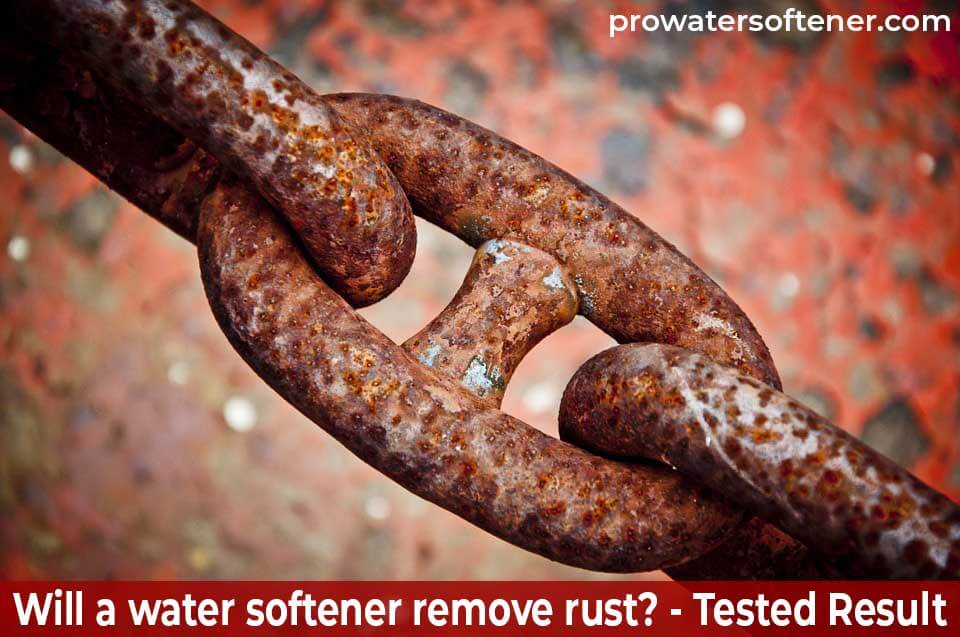
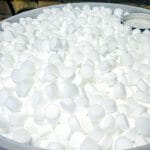

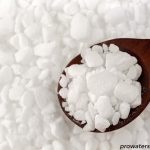
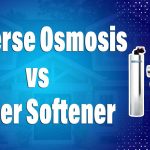
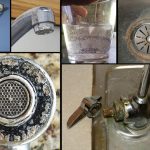
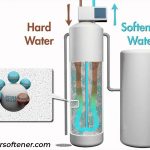
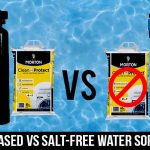
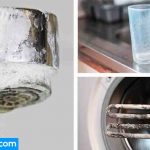
Leave a Reply